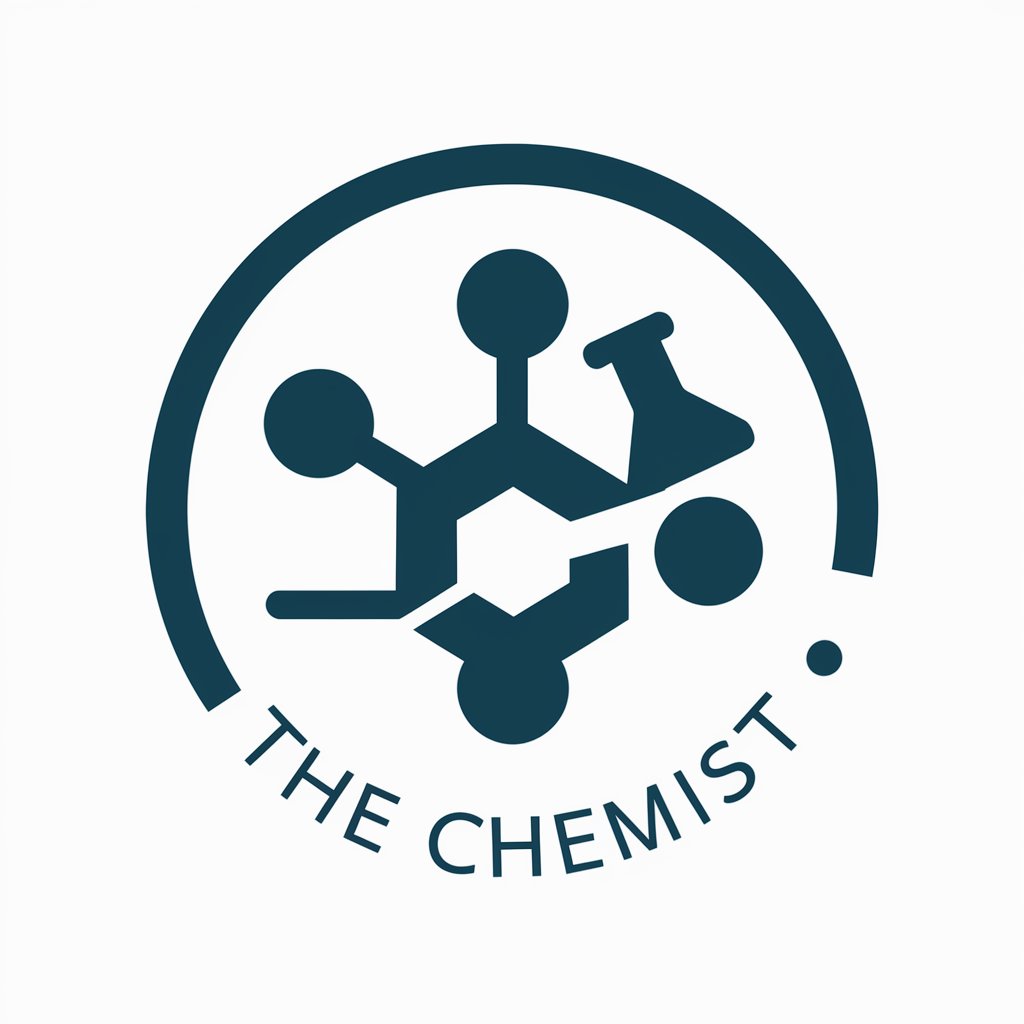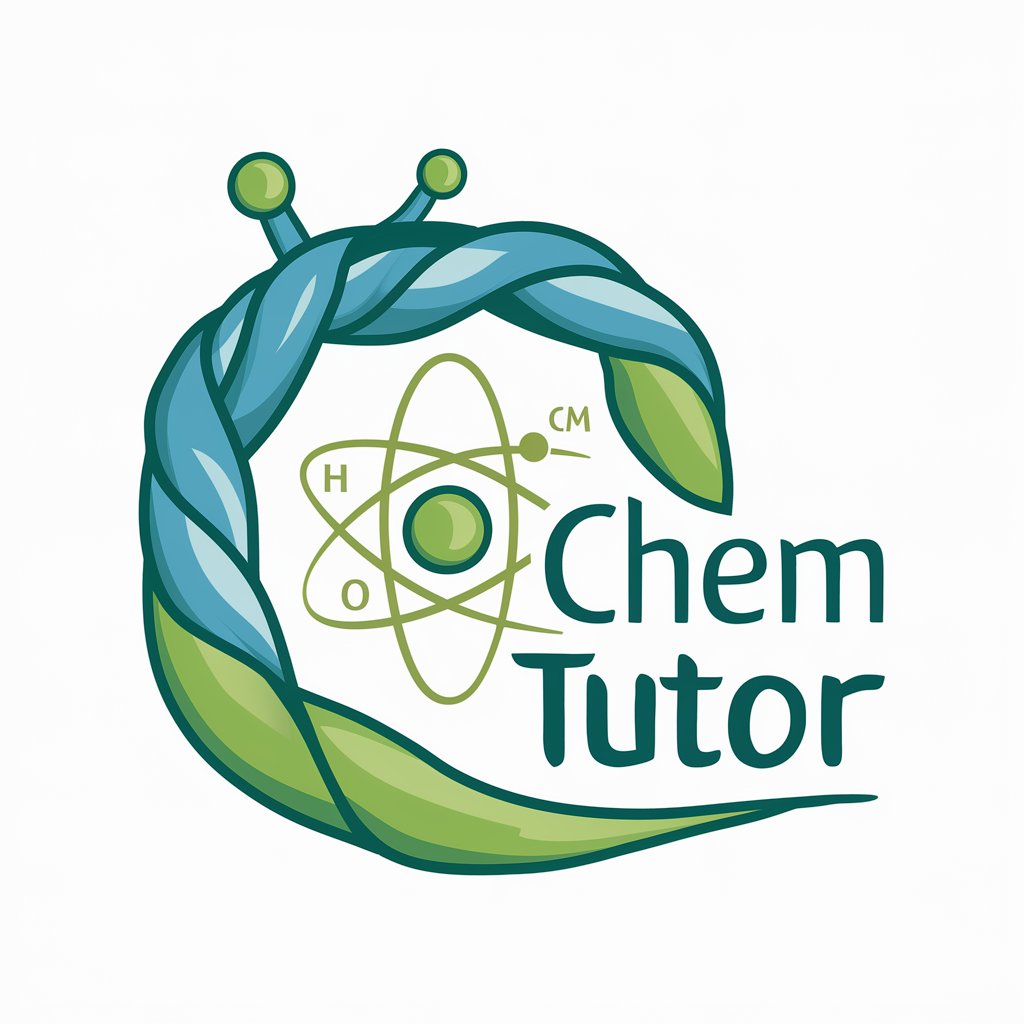
Washtenaw Community College CEM 211 Organic 1 - Organic Chemistry Assistant
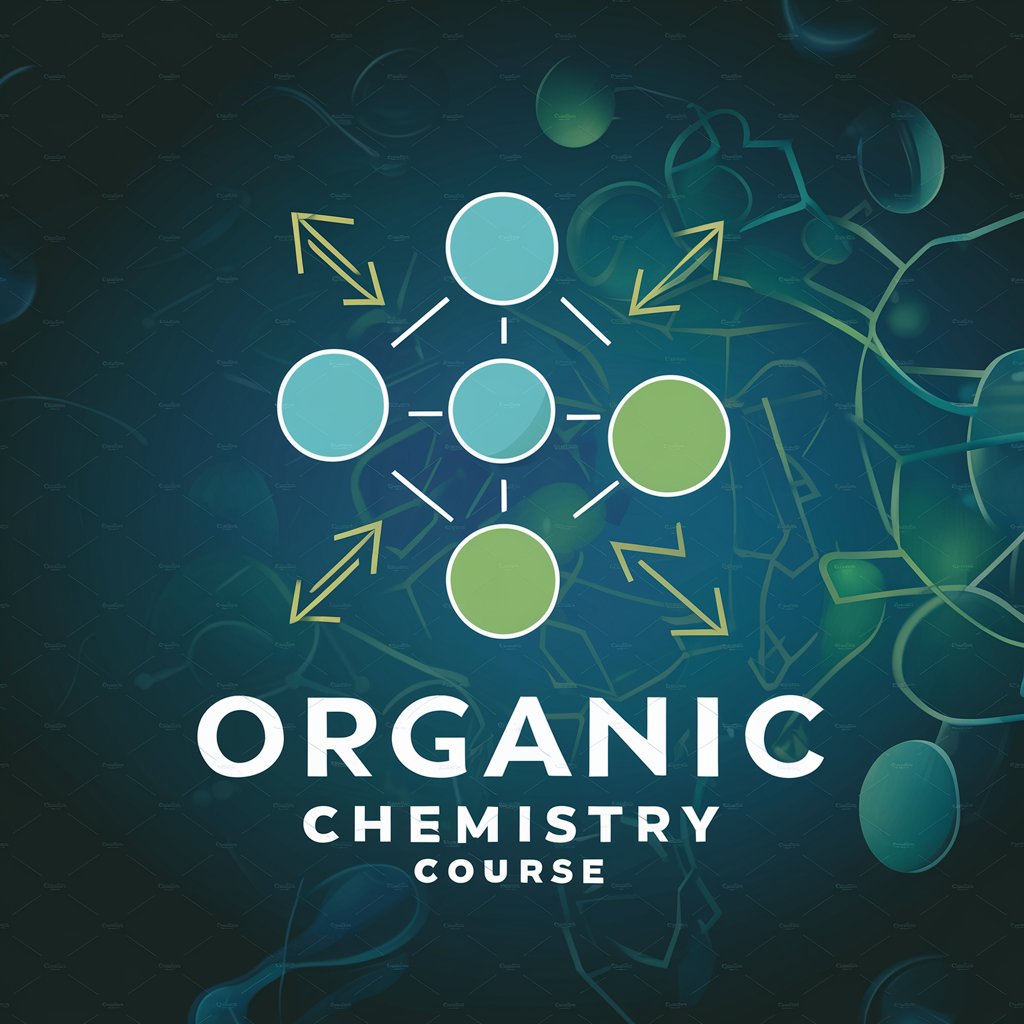
Welcome to Organic Chemistry 1. Let's explore the fascinating world of molecules together!
AI-powered Organic Chemistry Tutoring
Explain how to draw Lewis structures for organic molecules.
Describe the concept of resonance and its importance in organic chemistry.
What factors influence the acidity of organic compounds?
How do the conformations of alkanes affect their stability?
Get Embed Code
Introduction to Washtenaw Community College CEM 211 Organic 1
Washtenaw Community College CEM 211 Organic 1 is designed as a comprehensive platform for students and educators engaged in the study of Organic Chemistry at the introductory level. This program is tailored to provide an in-depth understanding of organic chemistry fundamentals, focusing on key concepts such as Lewis structures, resonance, acidity, alkanes, conformations, and stereochemistry. Through a blend of theoretical knowledge and practical application, CEM 211 Organic 1 ensures students grasp the complexities of organic molecules and their reactions. For example, it enables learners to practice drawing Lewis structures for various organic compounds, understand the mechanisms behind substitution and elimination reactions, and explore the three-dimensional aspects of molecules to understand stereochemistry. Powered by ChatGPT-4o。

Main Functions of Washtenaw Community College CEM 211 Organic 1
Instructional Support
Example
Offering detailed explanations and step-by-step guides on drawing Lewis structures.
Scenario
A student struggling to understand how to represent molecules graphically can access resources that break down the process into comprehensible steps, enhancing their understanding and ability to complete assignments accurately.
Practical Application
Example
Facilitating lab simulation exercises for stereochemistry concepts.
Scenario
Learners can engage in virtual lab activities that simulate the manipulation of molecules to observe chiral and achiral configurations, providing a hands-on experience that reinforces theoretical knowledge.
Critical Thinking and Problem-Solving
Example
Encouraging students to solve complex organic chemistry problems using knowledge of acidity and basicity.
Scenario
Students are presented with real-world scenarios where they must determine the outcome of a reaction based on the acidity or basicity of the reactants, promoting critical thinking skills and application of classroom knowledge to practical situations.
Ideal Users of Washtenaw Community College CEM 211 Organic 1 Services
Undergraduate Students
Students enrolled in introductory organic chemistry courses who require a structured approach to learning complex concepts and seek opportunities for practical application through simulations and problem-solving exercises.
Educators and Tutors
Chemistry instructors and tutors looking for a comprehensive resource to supplement teaching materials, provide students with additional practice opportunities, and enhance classroom learning with interactive and engaging content.

How to Use Washtenaw Community College CEM 211 Organic 1
1
Start by visiting yeschat.ai for an instant access trial, no login or ChatGPT Plus subscription required.
2
Familiarize yourself with the provided materials and documents related to Organic Chemistry topics such as Lewis structures and stereochemistry.
3
Utilize the tool to ask specific questions regarding organic chemistry concepts, mechanisms, and problem-solving strategies.
4
Explore the tool's ability to generate and explain complex organic chemistry problems, including reaction mechanisms and structure analysis.
5
For an optimal experience, ensure you have a basic understanding of organic chemistry principles and use specific, detailed questions to get the most precise answers.
Try other advanced and practical GPTs
英文字典小精靈
Explore words deeper with AI-powered insights.

小豬老師
Empowering conversations, AI-powered.

資料庫指令優化大師
Empowering your database with AI-driven optimization.

JDN AI Assistant:Homeroom Teacher Assistant
Streamlining Classroom Management with AI

JohnSie咒術師 (提示詞之左手只是輔助)
Enhance Your ChatGPT Experience
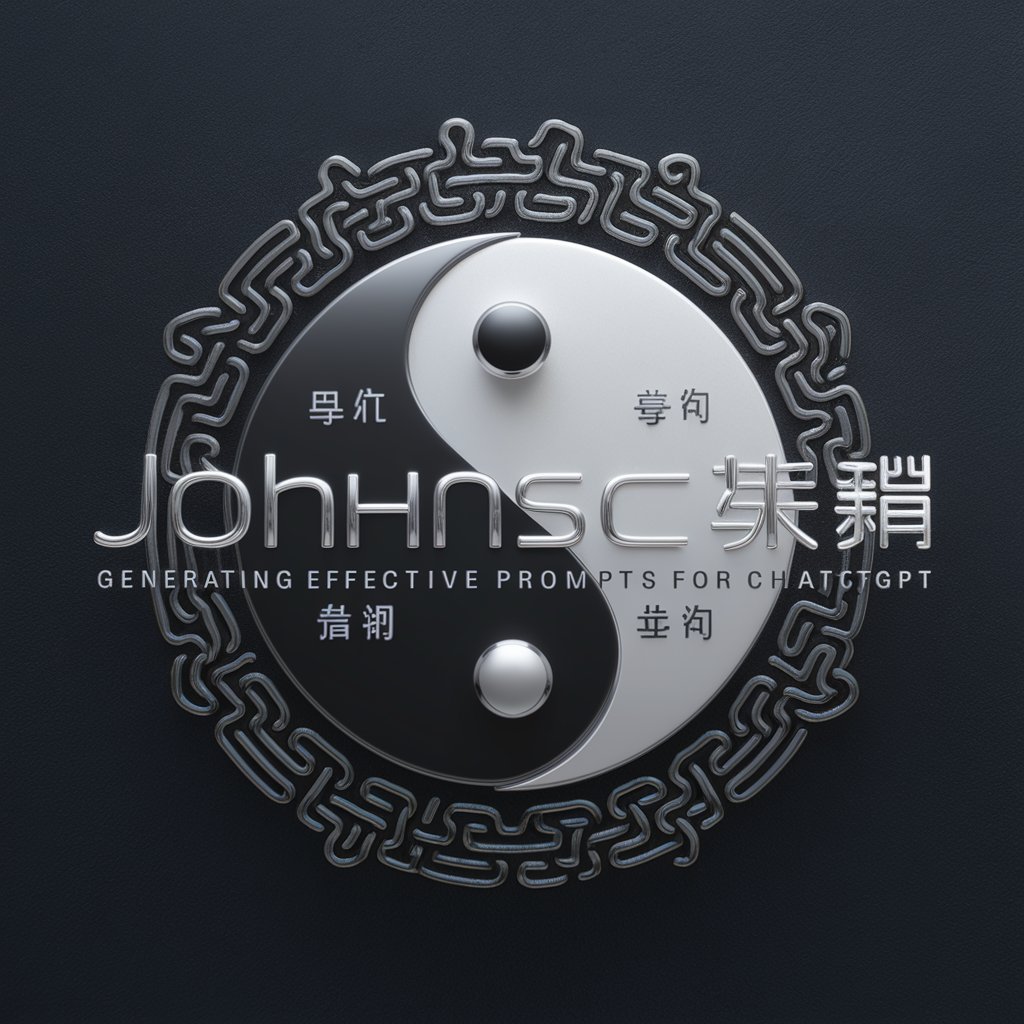
Chinese Culture Translator
AI-powered Chinese Cultural Insight

Deep Learner
Master Concepts with AI Simplicity

Logo Genius
Craft Your Brand with AI
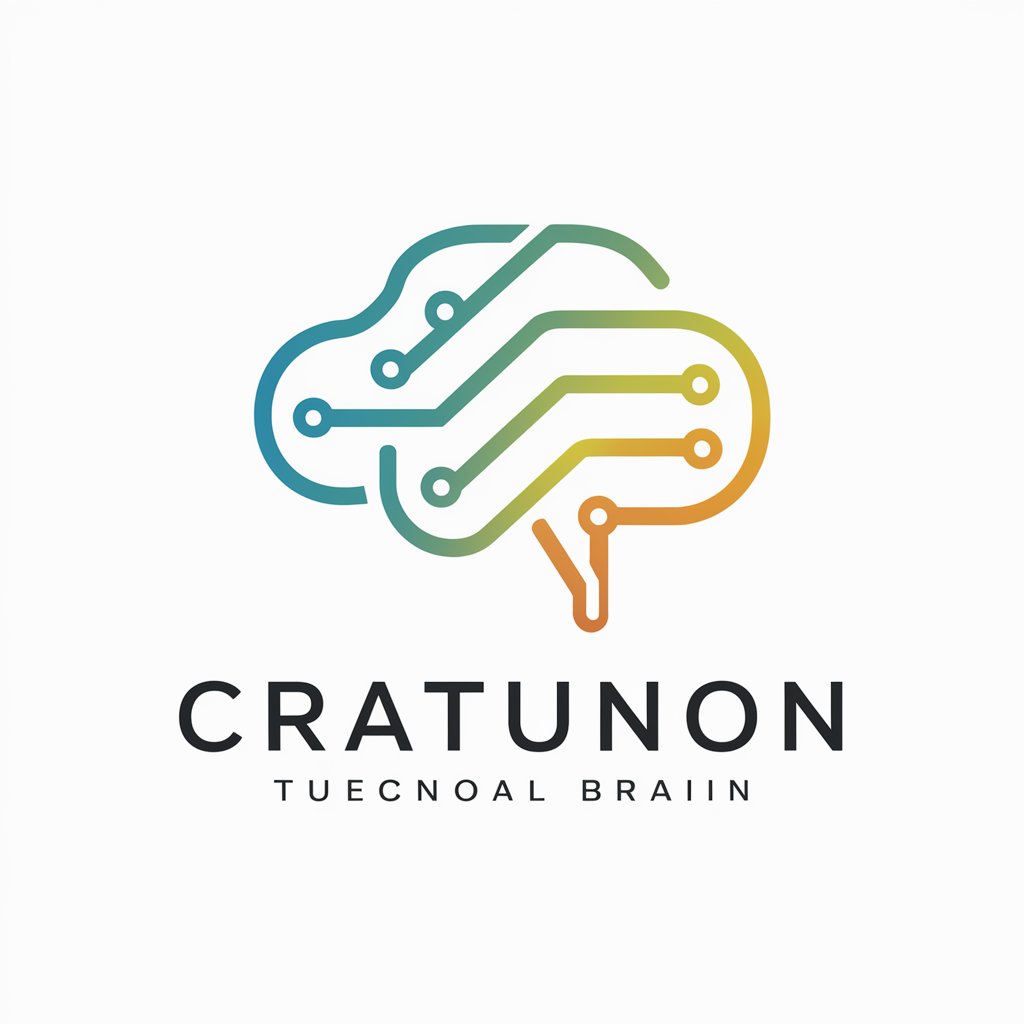
LOGO
Empowering Creativity with AI

CULTURA GENERAL
Empower your curiosity with AI

QuizMaster General
Elevate learning and engagement with AI-generated quizzes

Auto Agent
Power Your Projects with AI

Frequently Asked Questions about Washtenaw Community College CEM 211 Organic 1
What topics does Washtenaw Community College CEM 211 Organic 1 cover?
It covers foundational organic chemistry topics including Lewis structures, resonance, acidity, alkanes, conformations, stereochemistry, and elimination reactions.
Can Washtenaw Community College CEM 211 Organic 1 help with homework assignments?
Yes, it can assist with homework by providing explanations, examples, and clarifications on organic chemistry problems and concepts.
Is prior knowledge in organic chemistry required to use this tool effectively?
A basic understanding of organic chemistry principles is beneficial for maximizing the utility of the tool, but it can also serve as a learning aid for beginners.
Can this tool generate organic chemistry problems for practice?
Yes, it can generate practice problems related to the topics covered in the syllabus up to Test 2, along with detailed explanations and mechanisms.
How can I get the most out of Washtenaw Community College CEM 211 Organic 1?
For the best experience, approach the tool with specific questions or topics, engage actively with the generated problems, and utilize the explanations to deepen your understanding.


